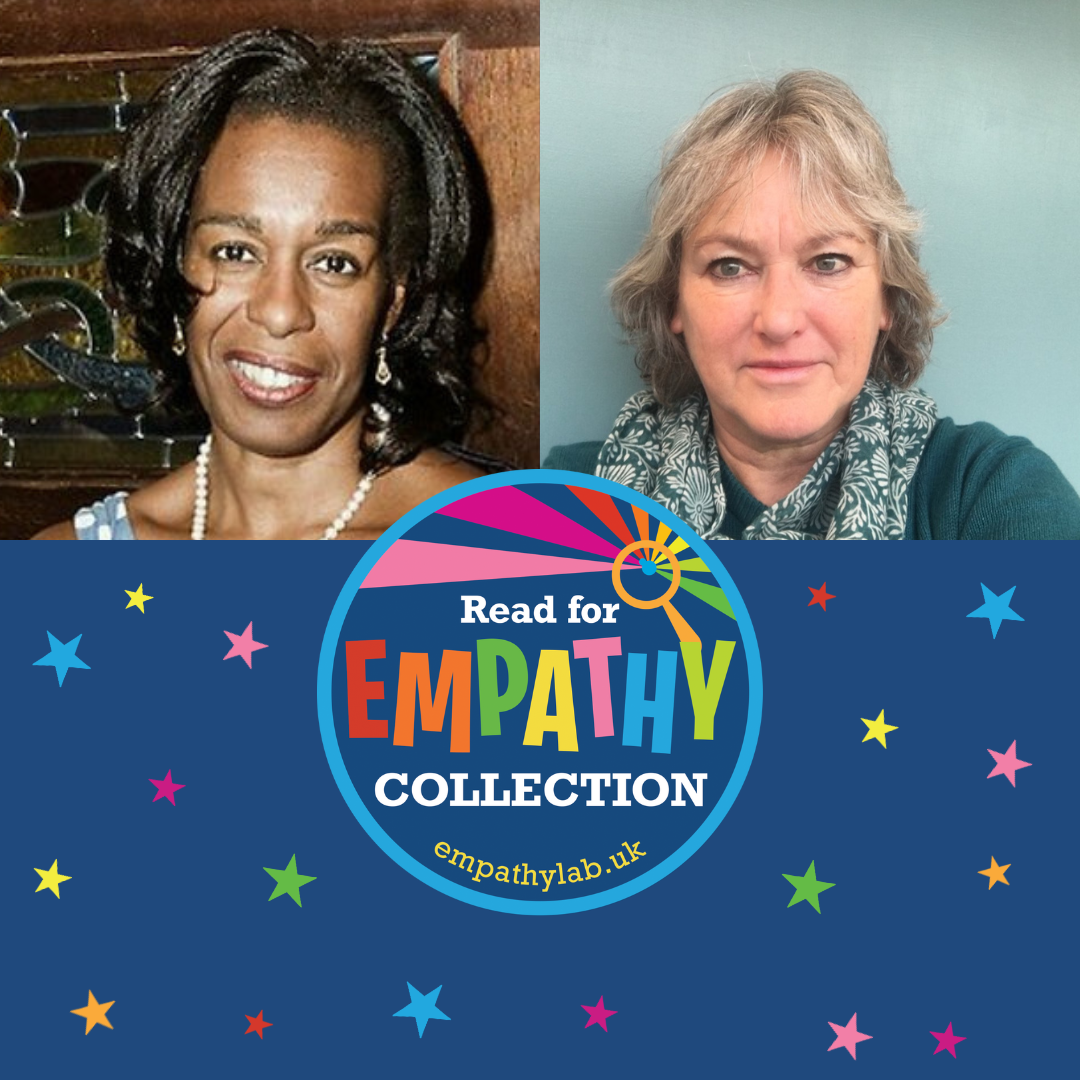THE NEED FOR EMPATHY WITHIN SCHOOL
- By EmpathyLab
- •
- 31 Jan, 2017
- •

Empathy – the ability to understand and share the feelings of others. Quite a simple concept when you think of it. But how much importance do we really put on this, especially when working with young people, the one group of individuals that probably need to understand the concept the most?
My understanding of empathy grew whilst working in a large secondary school. Sprawling and multicultural, this educational setting supported some of the most deprived families in the area. From my first day I was exposed to huge and fundamental issues of poverty, abuse and mental health difficulties that young people were experiencing first hand. It was devastating. But it was also a revelation.
In my role, I had to support teenagers experiencing issues both at home and within school. As a result, on a daily basis I would be dealing with bullying and the huge fall out this caused. Bullying was a big problem (as I’m convinced it is in most schools). It seeps into daily life and through the aid of social media, an individual can now no longer escape its grasp, even at home. My task was talk to both victims and bullies themselves to try and resolve and mediate. To begin with, my views were pretty clear. Bullies were bullies – what they were doing was wrong and there could be no excuse. I was to quickly change my mind. Within weeks I had met young people that were under enormous amounts of pressure, children that couldn’t cope, who were so angry and frustrated that their only answer was to lash out at others. These young people were dealing with things that they really shouldn’t be expected to. Some were young carers, some lived with violent siblings, some watched as their mum’s starved themselves in order to put money in the electric meter. They had worries bursting out of them and they were scared and unable to cope with their feelings.
I began to see that in the majority of cases I worked on, bullying had more than one victim and it was an empathic and supportive approach that was needed to help both parties. First I would speak to the victims of bullying and try to help them to understand that they were not at fault – that there was no stigma at being targeted and that actually victim was the wrong term to be using. They were just unfortunate to meet someone who was struggling to deal with their emotions appropriately.
Then I would speak to the bully, addressing their issues, talking about how they could cope better with their pressures, letting them understand the harm that they were causing to another and how to stop this.
Hopefully, I was able to show them a different way.
Through this work, I began to write my debut novel – 7 Days, which told the story of bullying from both the bully and the target. I hoped that this would enable people to empathise with both parties and that we could also open discussions around bullying and the reasons behind it. I have already had readers contact me to tell me how helpful they have found the book.
As individuals we need to develop more empathy towards others and in schools perhaps the need is even greater. In today’s society, teenagers have never had it so hard and they need not only our understanding, but also the skills to be able to develop their own understanding for others.
Eve Ainsworth photo SevenDays

The collection consists of 65 books for 3-16 year olds, each chosen for its unique contribution in building young people’s empathy.
The primary collection for 3-11 year has 40 books; the secondary collection features 25 books for 12-16 year olds.

I am very fortunate to have been on the Read for Empathy booklist judging panel over the past few years.
I’m also a practising classroom teacher so I would like to consider how the books on the list can influence what happens in a school.
Firstly, along with many other schools, reading aloud is an important part of our school day, every day, almost without fail. All the teachers at my school are aware of the EmpathyLab booklist, and often use it as a basis for choosing their next class read. Knowing that the books touch on important aspects of our children’s lives is key; we all understand how important representation is in stories. These are books that make a difference, that lead to passionate discussions in the classroom and can actually influence children’s behaviour .
The booklists become increasingly valuable. We have a couple of hundred empathy texts at our school – they are there on merit. Staff often refer to previous lists if there as a particular aspect of empathy that they want to include or share with the children.
Our Year 6 Reading Champions often seek out picture books from the list to take in to KS1 and Reception when they read stories, so we already have the next generation educating each other about the importance of empathy. I love the fact they often meet beforehand (they tend to work in twos) to discuss what questions they might want to ask the children once the story has been read. After each booklist is released, they also spend several of their Friday recommendation slots in assembly talking about a couple of the books. We have parents in on our Friday assembly so it’s a great way to share the texts with them and help raise their awareness of our work.
We often use the books as our teaching texts for English, partly because they encourage excellent writing but also because they provide a fantastic opportunity for our pupils to develop their empathy skills. The Wild Robot by Peter Brown, Miraculous Journey of Edward Tulane by Kate DiCamillo, Freedom by Catherine Johnson, Eyes that Kiss in the Corners by Joanna Ho and A Street Dog Named Pup by Gill Lewis are all books that have made in into our English curriculum as a result of being on one of the Read for Empathy booklists. Well, that’s not strictly true - Edward Tulane was there before that as it’s one of my favourite ever books, but you hopefully take my point.
Reflecting on our empathy journey over the past few years, I’ve also found that the more books children read that address empathy, where they can relate to the characters and their choices, the more books they want to read. It’s almost a virtuous circle. Many begin to realise that such books can empower them to think about situations.
For example, as soon as we finished A Street Dog Named Pup last year, several of them immediately wanted to read other books by Gill Lewis. Because empathy is a thread that runs through much of her work ( Gorilla Dawn , Moon Bear , The Closest Thing to Flying and so on). Thanks to EmpathyLab's lists, I was able to point them in the direction of several other books, by her and others.
I think we agree that teaching children about empathy and providing them with opportunities to develop it is one of the most important gifts we can give them as adults. The fact that empathy has gone from being something that schools sort of understood a few years ago to being something that has got an increasingly solid evidence base is crucial.
There’s always been anecdotal evidence that reading stories is important for children and that it can change how they think but now that’s backed up with research. The empathy revolution (and it is a revolution) is only going to pick up more momentum over the next few years as the need for it becomes ever more apparent. Working in schools and in the world of children’s books means that we’re in the front line. There’s nowhere else I’d rather be.
